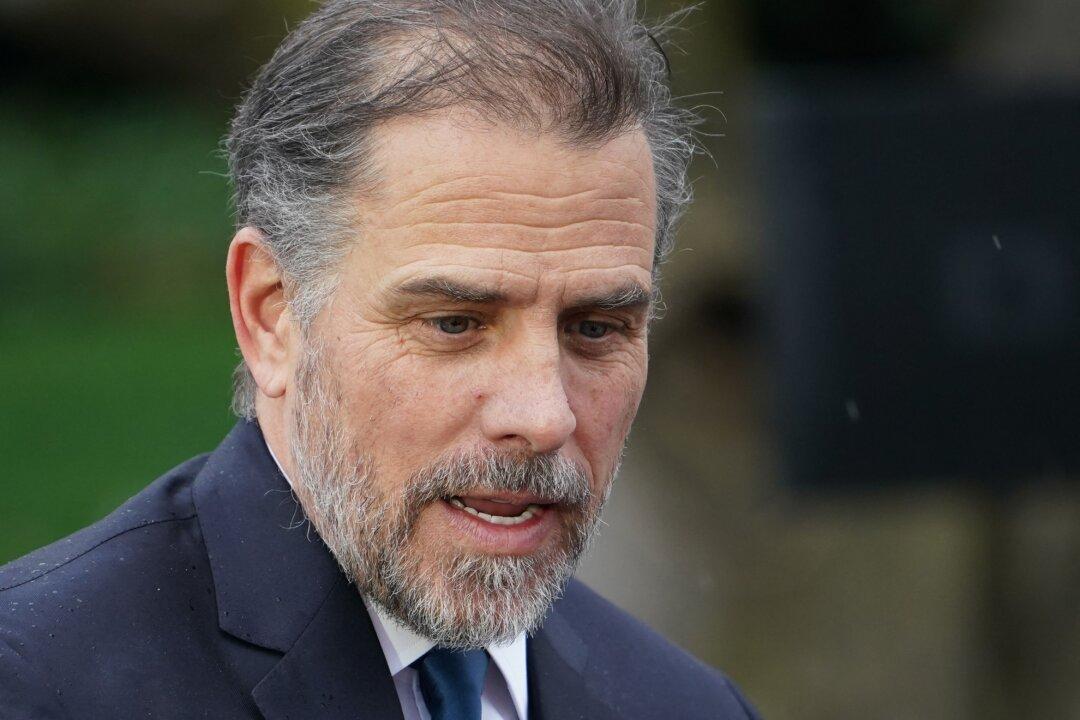A U.S. agency seeking to not release possible records on a gun purchase made by President Joe Biden’s son received backing from a federal judge this week.
The Bureau of Alcohol, Tobacco, Firearms, and Explosives (ATF) doesn’t have to release the records, which are believed to include a form Hunter Biden submitted while purchasing a firearm in 2018, according to a Sept. 13 ruling from U.S. District Judge Rudolph Contreras.





